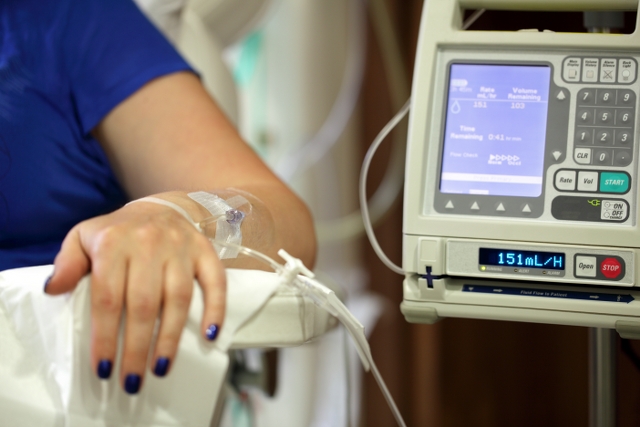Posted on February 16, 2018
Last week saw the release of the final report of the post-market review into the Life Saving Drugs Program (LSDP), including a response to the report released by the Australian Government. The Life Saving Drugs Program currently provides subsidised access to patients with rare and life-threatening conditions to essential and very expensive medicines. The scheme operates outside the Pharmaceutical Benefits Scheme (PBS), and medicines included often fail to meet the comparative cost-effectiveness criteria required for recommendation and listing on the PBS.
LSDP medicines are provided at no cost to patients. The program includes 13 medications to treat nine diseases, and in 2016-17 assisted 393 patients at a cost of $116 million. Diseases with treatments available include Fabry disease, Gaucher disease, and Hereditary Tyrosinaemia Type I, among others. The LDSP is often home to high-profile, high-cost medicines, such as Soliris® (eculizumab), considered one of the most expensive drugs in the world at $500,000 per patient per year.
The report contains ten recommendations made by an Expert Reference Group formed of clinical experts and chaired by Professor Andrew Wilson (current chair of the Pharmaceutical Benefits Advisory Committee). The Group’s key recommendation is the creation of a new Medicines for Rare Diseases Programme (MRDP), to be incorporated into the PBS (replacing the LSDP). This transition seeks to allow the LSDP to benefit from the existing PBS infrastructure and processes, but also subjects these medicines to PBS pricing mechanisms. Additional recommendations include creating a definition for a ‘rare disease’ for the purposes of the program (proposed to be prevalence of 1 per 50,000 persons), and the retention of the eligibility criteria for access following the transition.
Both the Expert Reference Group (and the Government in its response) agree that the Commonwealth should continue to enable access to medicines for rare diseases, including acknowledgement that they should be evaluated beyond simple cost-effectiveness methods when considering their value. It remains to be seen how well this can be accounted for within the tight financial environment currently in place for PBS-listed medicines.
The Commercial Eyes Market Access team has extensive experience in pricing and reimbursement and can help you navigate Australia and New Zealand’s sophisticated and mature systems of Health Technology Assessment. Contact us on (03) 9251 0777 to learn more and let us help you envisage, achieve and defend the optimum market access outcomes for your business.
